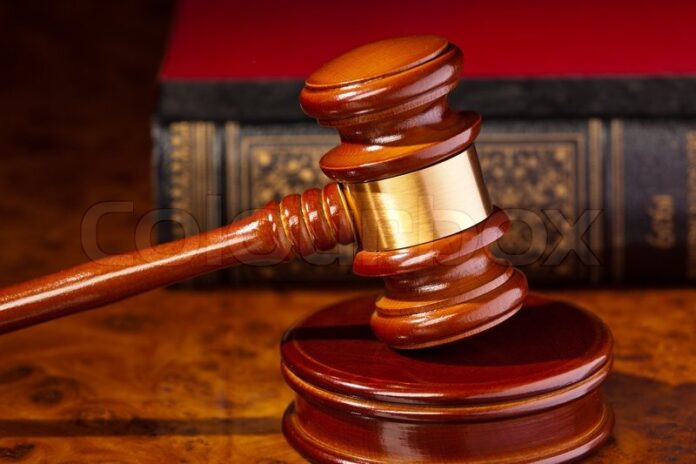A coalition of individuals, organizations, and businesses has strongly contested a Montana law that places restrictions on drag performances and prohibits drag reading events at public schools and libraries. In a recent legal development, this group has urged a federal judge to promptly declare the law unconstitutional without resorting to a trial.
In the filed motion for a summary judgment, Upper Seven Law, representing the opposition, contended that lawmakers behind the legislation were driven by an unfounded moral panic, taking aim at drag performers and the LGBTQ+ community. The motion, submitted late Tuesday, asserts that the key facts of the case are not in dispute, making a trial unnecessary.
U.S. District Court Judge Brian Morris had previously granted a preliminary injunction last month, blocking the enforcement of the law. Judge Morris emphasized that the law specifically targets free speech and expression, asserting that both the text of the law and its legislative history reveal an anti-LGBTQ+ bias.
Morris further noted in the injunction that there is no evidence indicating harm to minors from drag-related events or any expression critical of gender norms. This statement reinforces the argument put forth by opponents of the law.
Enacted by the Republican-controlled 2023 Montana Legislature and signed by Governor Greg Gianforte, the law stands out as the sole one of its kind among several states that have enacted laws targeting drag performances. Montana’s law explicitly prohibits individuals dressed in drag from reading books to children in public schools and libraries, regardless of whether the performance includes sexual content.
The plaintiffs contend that the law is not only an unconstitutional restriction on speech but is also content- and viewpoint-based. They argue that the lack of clear definitions regarding illegal actions under the law forces individuals and entities to self-censor due to concerns about inadvertently violating it.
In response, the state of Montana asserted last week that the plaintiffs lack legal standing, emphasizing that there has been no enforcement or implementation of the law. According to the state’s argument, the absence of harm suffered by the plaintiffs renders their legal claims invalid.
The law, which came into effect on May 22, has already had practical implications, with the Butte-Silver Bow Public Library canceling an event on June 1 about the history of LGBTQ+ Montanans due to uncertainties about potential law violations. Plaintiffs have also altered or canceled events to avoid legal complications, as documented in court records.
Initially blocked by a temporary restraining order on July 28, the law’s enforcement was halted just in time for Montana Pride to proceed with its 30th-anniversary celebration in Helena. The city had expressed uncertainty about issuing a permit for the event due to the new law.
The state argues that the law is intended to protect children from “indecent and inappropriate conduct” that could be harmful to them, emphasizing that existing Montana law already safeguards minors from exposure to obscenities. As legal proceedings continue, the clash between free expression and perceived moral concerns remains at the forefront of this ongoing legal battle.
By: Montana Newsroom Staff




